Milwaukee230 West Wells Street - Suite 706 Tel - 414.207.4426 |
Madison403 Venture Court - Suite 2 Tel - 608.320.6710 |
Juvenile Crimes, Delinquency Petitions
In Dane County/ Madison WI, children aged 10 to 16 years who are charged with a crime will go through the juvenile justice system. Although somewhat similar to the adult criminal justice system, there are important differences in procedure as well as terms and policies. Instead of being charged with a complaint (as an adult would), the D.A. uses a petitiion to charge children as delinquent. The Dane County Department of Services makes an initial reccomendation to the D.A. before the petition is filed. Similar to adult courts, a child charged with being delinquent has a right to an attorney and can have an attorney appointed if the unable to afford one.
A major difference between adult and juvenile court is that juvenile proceedings are usually closed to the public. In Madison, the courtroom door will be closed with a sign that says closed hearing. If a child is taken into custody while the case is pending, there will be a hearing similar to a bail hearing for adults where the child's attorney can argue for relase under certain conditions. There are very strict timelines that require an almost immediate custody hearing for children taken into custody. Unlike adult criminal proceedings, juveniles charged with crimes in Madison may have most if not all of their case heard by a court commissioner instead of a judge depending on the type of case and how far it proceeds. For example, in Madison, a consent decree or deferred prosecution agreement can be entered into with the D.A. and before a court commissioner instead of a judge.
Like adult court, juveniles in Wisconsin will have a plea hearing and pre-trial conference. Unlike adult court, social workers are very involved with the case from begining to end. They may monitor your child at home, school, or both, and offer suggestions to you, the D.A., and the Court about what they think is in the best interests of the child. This may include a home monitoring program similar to probation or could include placement of your child outside your home.
If your child does not resolve his or her case after pre-trial conferences, he or she can have a fact finding hearing similar to a trial for adults. This hearing will be before a judge, not a jury, and the standard of proof is beyond a reasonable doubt. If found not-guilty, the charges will be dismissed. If found guilty, your child will have to attend a dispositional hearing (similar to an adult sentencing) where a judge will determine what is the best punishment or best way to help your child. There will be input from you, your child's lawyer, the D.A., social worker, and possibly other experts.
Juvenile Attorney Clayton Griessmeyer is a former elementary school teacher with juvenile justice experience in California and Wisconsin.
